The Public Utilities Commission (PUC) has acknowledged that after the unplanned disconnection of TEC-1 at the end of 2019, JSC Latvenergo did not efficiently and timely inform the market about its return to operation and synchronization in the electricity network. After evaluating the consequences, duration, and impact of this case on the market, the PUC issued a warning to JSC Latvenergo.
In accordance with the requirements of the REMIT Regulation*, wholesale market participants are obliged to regularly inform the market about the operation and market availability of their facilities, including the capacity and use of facilities for electricity storage, consumption, transmission, and production. Accurate above-mentioned information facilitates market transparency and allows market participants to draw conclusions for high-quality decision-making.
The PUC assessed the factual and legal circumstances of the situation in November 2019, when an unplanned disconnection of TEC-1 took place in the afternoon of 25 November and concluded that JSC Latvenergo informed the market about the unavailability of TEC-1 generation capacity to the market from 25 November 2019 until 28 November 2019. Although JSC Latvenergo updated the above-mentioned information several times, refreshing the information on the planned completion time of repairs, the PUC discovered that the information on the actual completion time of TEC-1 repairs and return of TEC-1 to operation was not published in accordance with the requirements of the REMIT Regulation.
The PUC has concluded that JSC Latvenergo breached the REMIT Regulation, as complete or accurate information was not provided to market participants, for example, for decision-making on all available capacities in the market. At the same time, the PUC did not find that the actions of JSC Latvenergo had affected the day-ahead market, while TEC-1 capacity was not offered for the intraday market from 25 to 28 November. Consequently, the PUC found no evidence that JSC Latvenergo actually gained revenue or competitive advantage from such actions.
When considering the amount of the fine, the PUC assessed not only the consequences of non-compliance with the REMIT Regulation on the electricity market - prices, competition, and cross-border trade, but also made sure that JSC Latvenergo took additional preventive actions to eliminate the risk of a similar breach in the future.
*REMIT Regulation - Regulation No 1227/2011 of the European Parliament and of the Council of 25 October 2011 on wholesale energy market integrity and transparency. The Regulation is binding for wholesale energy market participants and sets out a series of requirements to foster open and fair competition in wholesale energy markets for the benefit of final consumers of energy, so that both consumers and other market participants can be confident in energy market integrity and that wholesale energy prices reflect true and competitive interaction of supply and demand, as well as to prevent profiting from the market abuse.
